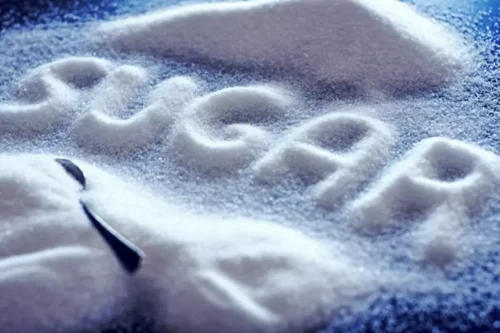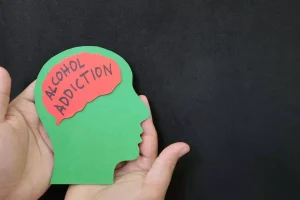ADMIN
No description.Please update your profile.

Your healthcare provider will recommend and encourage treatment for alcohol use disorder. But treatment varies based on the severity of alcohol withdrawal and the likelihood that it could progress to severe or complicated withdrawal. To learn about how our substance abuse treatment programs address alcohol dependence and withdrawal management, please contact us today. An effective tapering schedule may include cutting out one drink at a time at regular intervals. It might help to set goals and reward yourself when you reach them. Most people recover from alcohol withdrawal within a week, but people with severe dependency may experience withdrawal for multiple weeks.

Because he is a member of a support group that stresses the importance of anonymity at the public level, he does not use his photograph or his real name on this website. Alcohol can stay in your system for several hours depending on how much you drink. Once it begins to leave your body, early symptoms of withdrawal begin. You should start by determining how much alcohol you drink per day in terms of standard drinks.

In particular, she’s committed to helping decrease stigma around mental health issues. If you’re having difficulty sticking to your goal or just want some extra guidance, consider reaching out for professional support. It’s common to have a difficult time when making big changes, but good self-care practices can help you manage overwhelming feelings and take care of your mind and body.
There are multiple health benefits you can experience when you start drinking less alcohol. The exact benefits will depend on how much alcohol you were drinking and on factors such as your genetics, overall health, and how your body responds. But drinking less is always a good choice for your body and health. The exact symptoms you experience will depend on factors such as how much alcohol you’re consuming, other medical conditions you have, medications you take, and your body’s response to the taper. This method is safer than abruptly stopping alcohol consumption, especially when switching from hard liquor to beer. Drinking beer can also help maintain hydration throughout the taper.
This is because when you drink heavily for months or years, your body can start to depend on alcohol to function normally. When you are physically dependent on a substance like alcohol, your body adapts accordingly. An alcohol taper is a way to wean yourself off alcohol and avoid withdrawal symptoms. Although all forms of alcohol cessation should be done with medical guidance, tapering your alcohol intake may allow you to self-wean from drinking at home. These include direct tapers, where you regularly decrease the amount of alcohol you consume, and substitution tapers, where you replace alcohol with another substance. These strategies work in different ways to help you quit drinking, and one may be more appropriate for you based on your needs.
If you are tapering yourself off alcohol for the first time, it can be helpful to know what symptoms to expect during the process. Although the symptoms can vary for each person based on personal factors, many people share common experiences during this process. It is sometimes possible to taper your alcohol use at home if your AUD isn’t severe.

This means that there is little data about the best way to taper your drinking. However, some groups have published tapering examples to assist those trying to quit drinking. Symptoms outside of the anticipated withdrawal how to taper off alcohol period or resumption of alcohol use also warrants referral to an addiction specialist or inpatient treatment program. If the drink of choice is liquor, it is difficult to measure amounts and easy to binge drink.
Comparing the emotions that come up when you have a drink with the feelings you experience when abstaining also helps you recognize when drinking doesn’t fix the problems you’re trying to manage. Maybe you’ve never been interested in logging your innermost thoughts, but journaling can be a great tool to track your feelings as you work on quitting alcohol. There’s no set time frame for tapering off alcohol that works for everyone.
You may not need to completely reinvent your life to quit drinking, but making a few changes in your surroundings to help avoid alcohol triggers can make a big difference. You may receive medication to ease withdrawal symptoms—such as anti-diarrheal medicines or over-the-counter pain relievers. A doctor may prescribe a benzodiazepine as part of the tapering process. About 10 percent of people experience more severe symptoms, such as fever, fast breathing, and heavy sweating. All of these withdrawal symptoms are common during acute alcohol withdrawal syndrome. For example, depression could cause suicidal thoughts, and eating poorly can weaken your immune system.

No description.Please update your profile.
LEAVE A REPLY